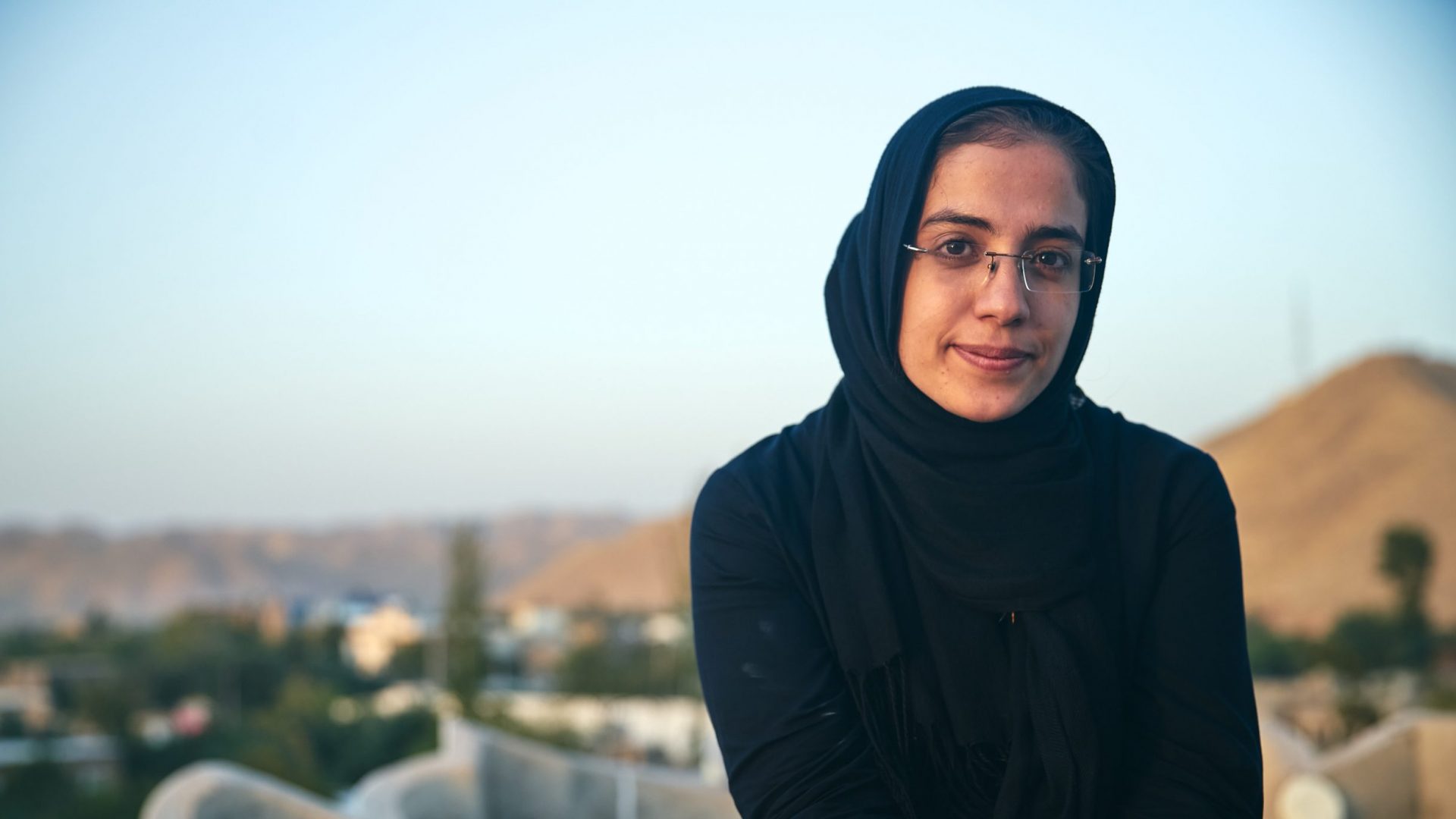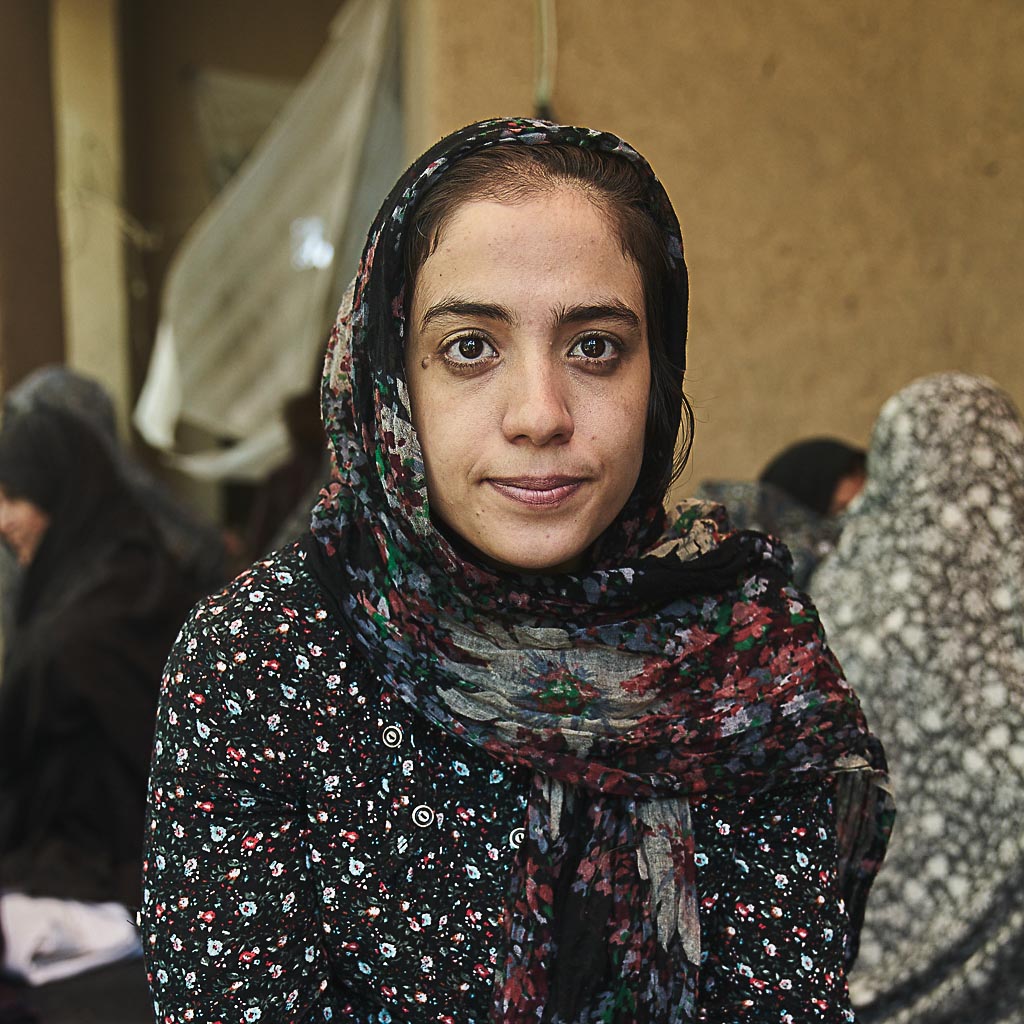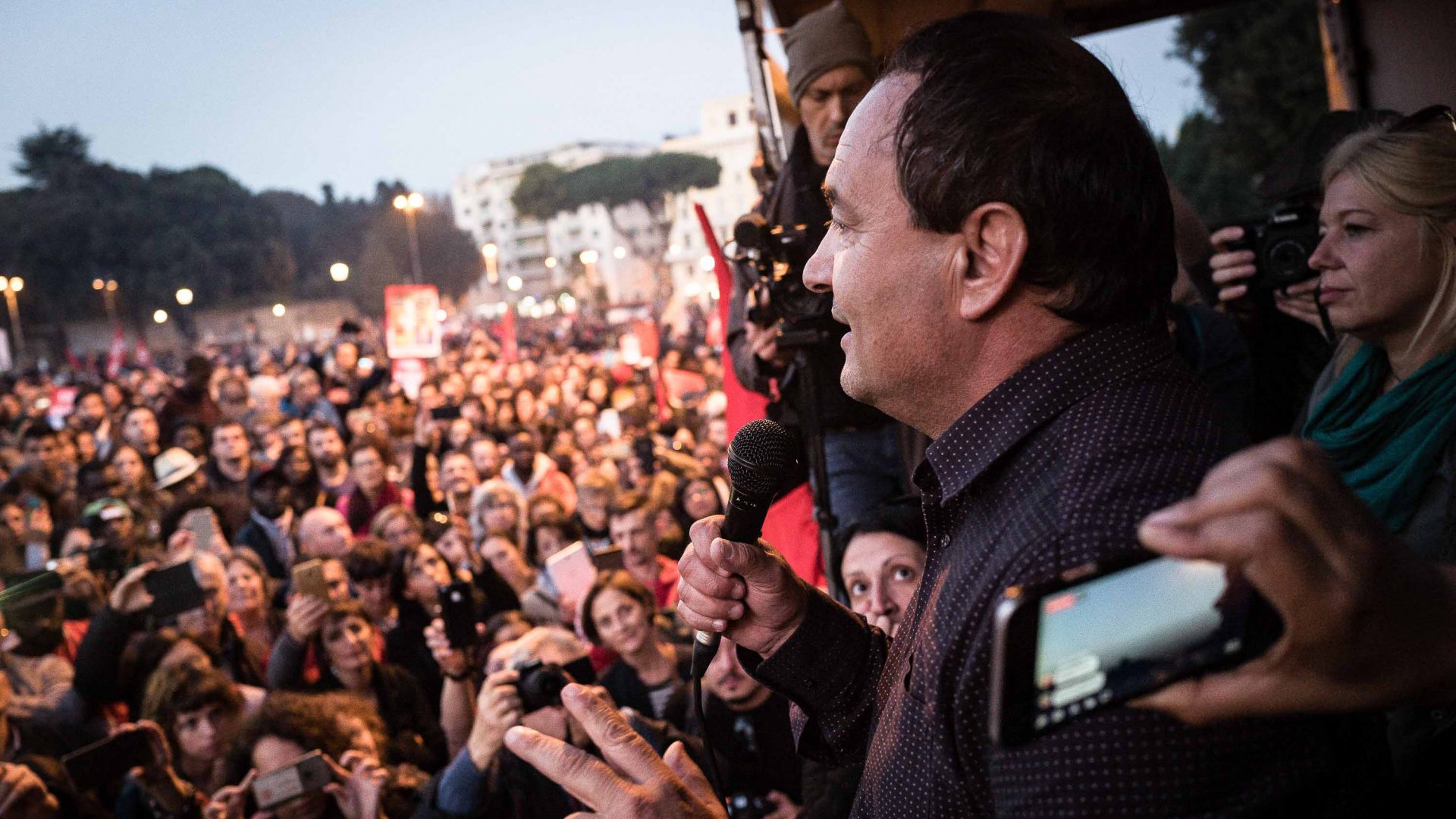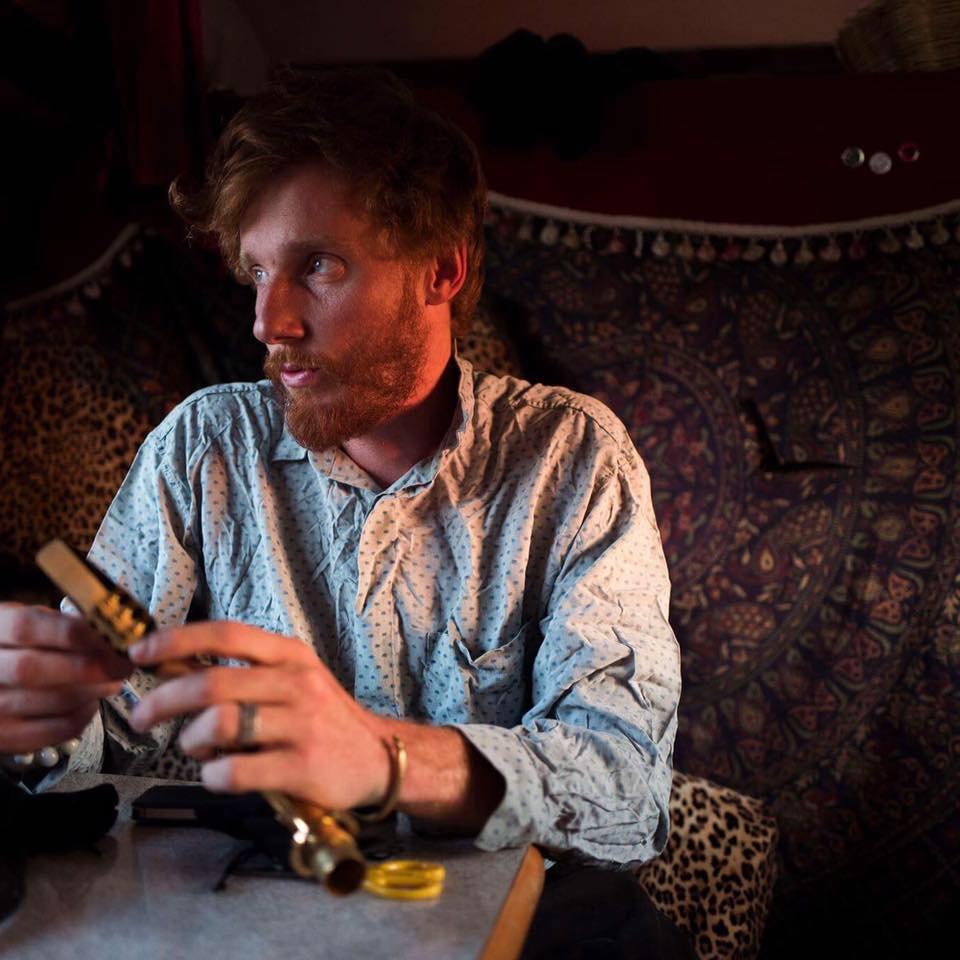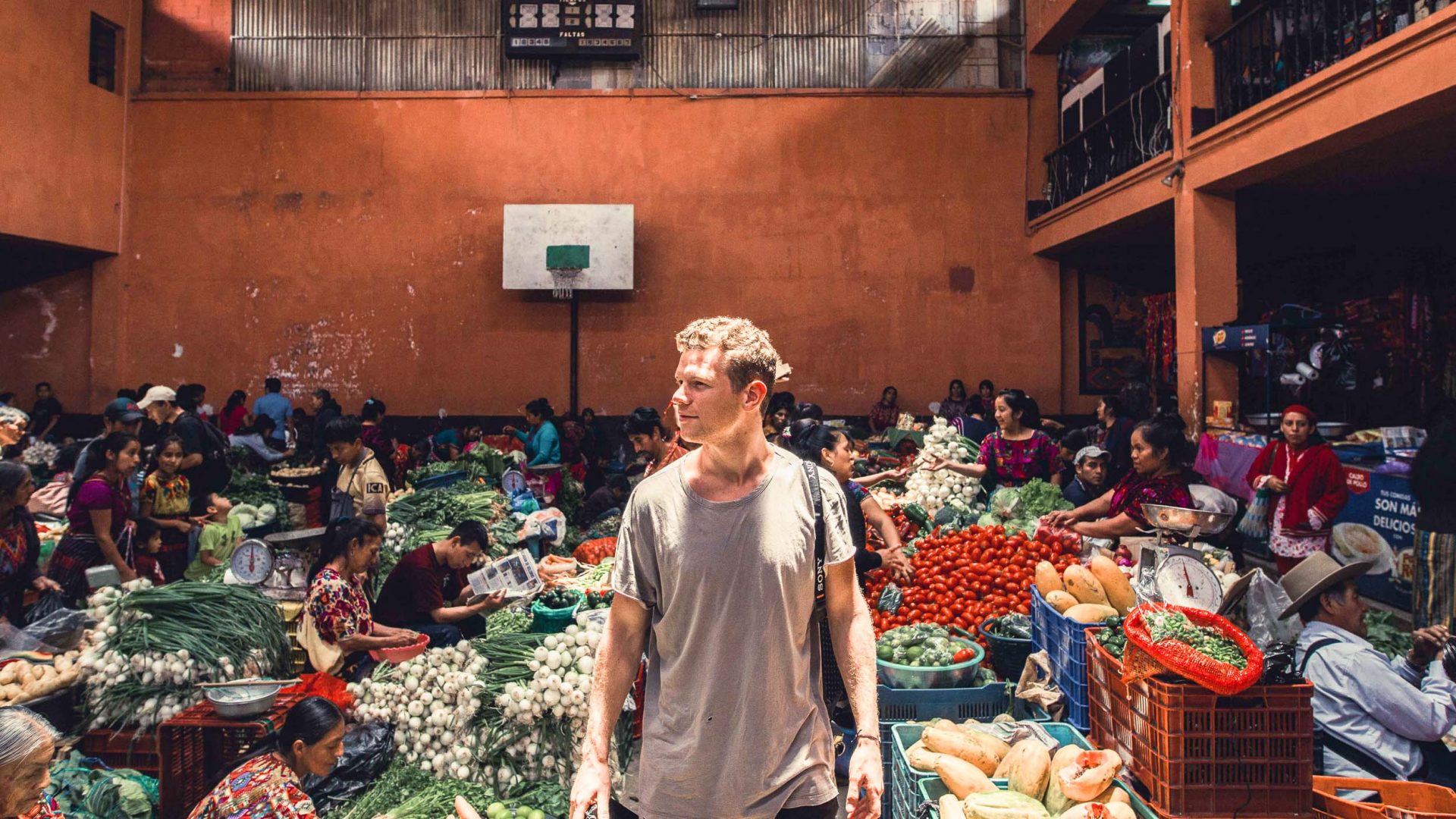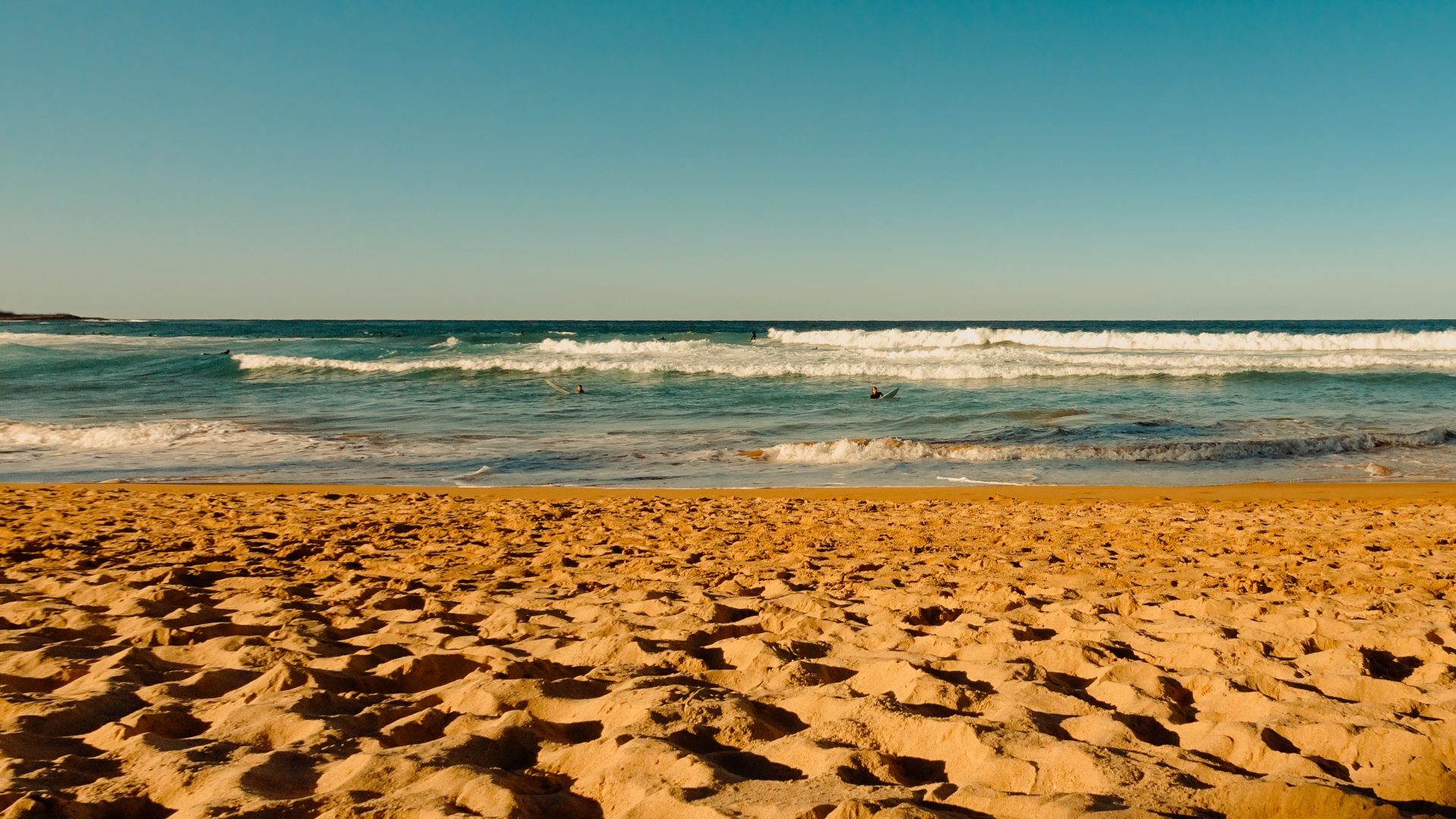
For millions of people around the world, travel isn’t about recreation—it’s a matter of life or death; an opportunity to live free from persecution. And these journeys are never simple. Here Bellamy (whose name has been changed to protect his identity) an Afghan refugee fleeing war and persecution, shares his story as part of Shifting the Story, a new initiative by refugee advocacy group Road to Refuge.
Just thinking about it now stresses me out. They didn’t even call me by my name, just my number. I wanted to get out of Afghanistan to feel safe, to be treated like an equal human being, and to live in peace. But this wasn’t what I expected.
Detention felt like a prison, boxed up with so many other people. I arrived at Christmas Island detention center when I was just a teenager, before being moved to a detention center in Darwin. Surrounded by giant walls, electric fences and security guards, I was locked inside with no idea where I was, or why I was being kept like this.
The staff at the detention center were friendly, especially the teachers. We could study English and play football and basketball, but they still controlled our lives – told us when to go to bed, when to get up, when to eat. I did make some friends, and I was trying my best to not get stressed or depressed, but it was hard.
I left Afghanistan in almost a decade ago because I wanted a better future for myself. My childhood wasn’t much fun – we couldn’t go out and play like normal kids. We were scared of bombs and of getting kidnapped. My happiest memories of growing up are just of being with my family; talking, laughing and playing with them.
Every time my visa expires I feel tension, stress, anxiety and depression. Everything comes together like a trauma. I’m now almost 30 and I’m still living in limbo.
Being Hazara Shia made life in Afghanistan even more difficult. We were treated like second class citizens, suffered racism and always felt unsafe. I felt like I didn’t belong in the country I was born in.
I heard the Australian people and government were kind hearted and treated everyone like their own – especially people who needed protection, and wanted to live their lives in peace. That’s why I risked my life to come to Australia, my dream country.
It took me many months to get to Christmas Island. It was a long, dangerous and complicated journey on boats, planes and cars. I left everything behind: My childhood memories, my home, my family, everything I had. After detention, I was resettled in Adelaide, and for the first time in my life I felt safe.
RELATED: How refugees saved Riace, the tiny Italian town that could
I had so many dreams and goals I wanted to achieve. I wanted to study, and to be someone who could give back to the community. I wanted to play soccer, too! But I didn’t speak much English and had no friends or family and no job. For the first year, I had no right to work or study, I was on government support through the Red Cross. I went through a lot of stress and depression – I think that’s why I lost my hair.
I found a college and started studying English and mathematics, and was asked to choose my subject for year 11 and 12. Everyone chose different subjects, and I wanted to study paramedicine. But a couple of days after my selections, one of the teachers told me that, because I didn’t have a permanent visa, I couldn’t continue my study.
I want to bring my family here, to buy a house, to thank all the Australian people, give back to my community and serve the next generation who need my help.
But I didn’t lose hope. I kept trying. The Australian Red Cross at the time was helping refugees and asylum seekers find jobs and study opportunities. They offered short courses at Adelaide University, so I went there and studied creative writing while saving money to do some online courses. I ended up doing the only course I could afford online because I just wanted to study.
Due to the war in Afghanistan, I had burn scars on my face and hands, which I needed continuous medical treatment for. I had some treatment at Royal Adelaide Hospital, but a surgeon told me I should go to Western Australia (WA), where the treatment options would be better. So I packed up my things, again, and moved to WA.
The doctors and nurses I saw were so lovely – I have to thank them for that. I still wanted to study in WA, and I had an offer from an organization called Mercy Care, who helped me get on to another course. I studied so many different things, but it didn’t matter, all I cared about was learning. But when I had just one semester left before I could apply for uni, the same thing happened again: I was told that I couldn’t continue studying because of my visa.
RELATED: How sport is giving Gaza’s youth a vital release
I’m currently working on a construction site. During the pandemic, I’ve had to risk my life and work the worst jobs and the worst shifts. But I have to do it, because I don’t get any support from the government, and I’m always stressed about losing my job.
Every time my visa expires I feel tension, stress, anxiety and depression. Everything comes together like a trauma. I’m now almost 30 and I’m still living in limbo. I have to keep renewing my visas, and there’s no security for me. Even as I’m writing this, I have two days left on my current visa, and I don’t know what’s going to happen.
I feel let down by the immigration system. I arrived here young, strong and full of energy and goals. I wanted to be a doctor or an engineer, wanted to pay back this country that allowed me to call it my home. I still want to do all of this. I want to bring my family here, to buy a house, to thank all the Australian people, give back to my community and serve the next generation who need my help.
But at the moment I can’t even finish reading a book because of what I’m going through. I can’t focus. I’m always thinking about what my next move should be, what’s going to happen to me, and whether they’re going to send me back.
I came to Australia for a better life, but what I’m going through now is worse. Where are the human rights? I am human as well.
Read more
Bellamy is sharing his story as part of the Shifting the Story project, presented by advocacy group Road to Refuge.


